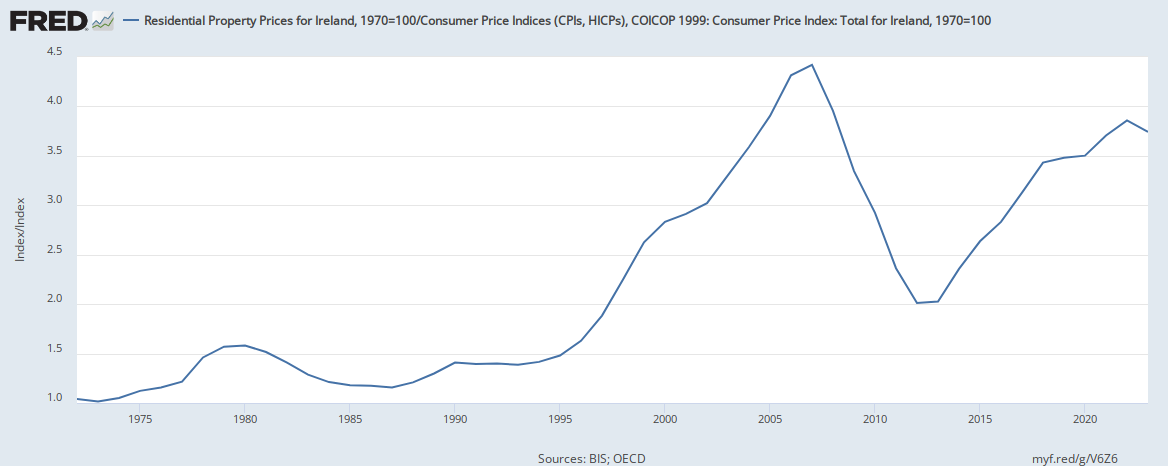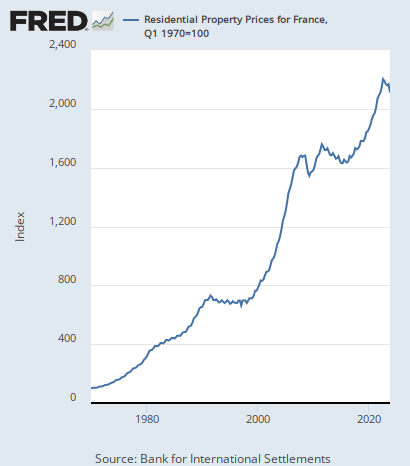I'm going to rant/generalise.
It seems that the next generation coming along still seem to have the same fixation as previous ones that any surplus cash should be chucked into second and third houses on the blind assumption that they will appreciate in value/earn easy high rents even if the purchaser has high levels of exiting debt!! 'Sure how hard can it be? 2K a month for doing nothing, It'll pay for itself in a few years' It is original posts like this that makes my blood boil.
When will people learn to live within their means (as someone once said...) and get about the business of reducing their existing debt without getting into more hock and putting all their eggs into one Irish property basket?? Not forgetting the unremitting hell that being a landlord in Ireland seems to be at present. Has the OP even CONSIDERED the direction of interest rates/inflation over the next five years?
I'm convinced, now more than ever, that budgeting/debt management should be drummed into children in school
It seems that the next generation coming along still seem to have the same fixation as previous ones that any surplus cash should be chucked into second and third houses on the blind assumption that they will appreciate in value/earn easy high rents even if the purchaser has high levels of exiting debt!! 'Sure how hard can it be? 2K a month for doing nothing, It'll pay for itself in a few years' It is original posts like this that makes my blood boil.
When will people learn to live within their means (as someone once said...) and get about the business of reducing their existing debt without getting into more hock and putting all their eggs into one Irish property basket?? Not forgetting the unremitting hell that being a landlord in Ireland seems to be at present. Has the OP even CONSIDERED the direction of interest rates/inflation over the next five years?
I'm convinced, now more than ever, that budgeting/debt management should be drummed into children in school

